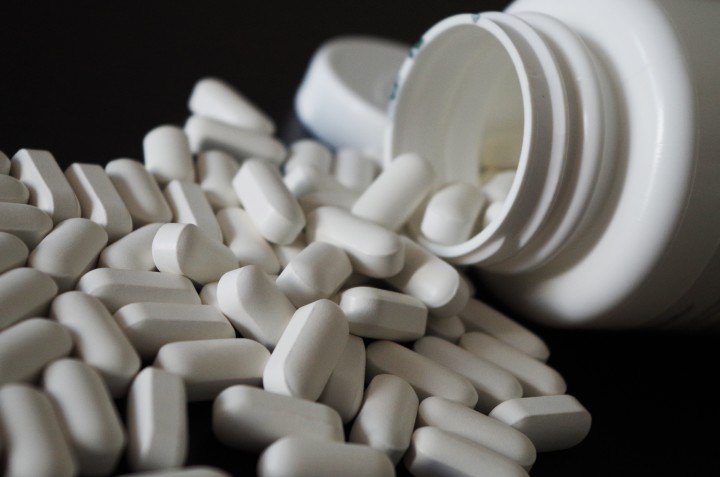Unveiling VA’s Stance on Alcohol and Drug Abuse: A Comprehensive Guide
Posted by Gregory M. Rada | August 20, 2023 | Firm News
One common area of concern within the Veteran Affairs’ (VA) system is its perspective on alcohol and drug abuse. For many years, the VA has considered alcohol and drug abuse as willful misconduct, with specific prohibitions placed on paying compensation for disabilities caused by such abuse in service. This blog post delves into these issues in detail.
Table of Contents:
- Defining Willful Misconduct
- Clarifying Alcohol and Drug Abuse
- The 1990 Change and Its Impact
- The Categories of Disabilities Involving Alcohol and Drug Abuse
- Significance of Service Connection on Secondary Basis
- Conclusion

Defining Willful Misconduct:
Although casual alcohol consumption isn’t labeled as willful misconduct, the VA does classify alcohol abuse as such. This abuse is characterized by the continuous use of alcoholic beverages or a one-time excessive use that results in disability or death. If intoxication leads directly and immediately to disability or death, it is viewed as a consequence of the person’s willful misconduct.
Similarly, the VA does not consider infrequent or isolated drug use as willful misconduct. However, if a veteran uses drugs to feel their effects and it leads to disability or death, it is regarded as willful misconduct. The frequent use of drugs leading to addiction also falls under this category.
Clarifying Alcohol and Drug Abuse:
The VA defines drug abuse as illegal drug use, misuse of prescription drugs, use of a prescribed or non-prescribed drug for unintended purposes, or the use of substances other than alcohol for intoxicating effects. If a veteran’s drug usage meets these criteria, it is considered drug abuse, and any resultant disability or death is deemed outside of line-of-duty.
However, it’s important to note that if a veteran becomes addicted to a legal drug used for pain relief, it does not qualify as drug abuse. Similarly, if a veteran’s drug use or addiction results from a service-connected disability, it is not deemed willful misconduct.
For example, if a veteran injures their back in service and is prescribed painkillers and subsequently becomes addicted to the painkillers, that would not be willful misconduct. In fact, the veteran’s substance use disease could be service connected and they could receive compensation for their substance use disease. Likewise, if a veteran abuses alcohol to cope with symptoms of PTSD, they can service connect and receive compensation for the alcohol abuse.
The 1990 Change and Its Impact:
The law changed in 1990 to explicitly state that the VA would not compensate for disabilities resulting from willful alcohol and drug abuse during service. This law is applicable for claims filed after October 31, 1990.
However, in 2001, a critical ruling in Allen v. Principi stated that the law does not exclude veterans from receiving compensation for disabilities arising secondary from a service-connected disability or from using alcohol or drug-related disabilities as evidence of an increased severity of a service-connected disability.
The Categories of Disabilities Involving Alcohol and Drug Abuse:
For VA claims purposes, disabilities involving alcohol and drug abuse can be classified into three categories:
- Primary alcohol or drug abuse disabilities: These are disabilities that arise during service due to voluntary and willful abuse of alcohol or drugs. The VA does not grant service connection for these primary disabilities.
- Alcohol or drug abuse disabilities secondary to a service-connected condition: The 1990 change in law did not restrict service connection and the payment of disability compensation for these disabilities.
- Disabilities resulting from or aggravated by the secondarily service-connected alcohol or drug abuse disability: If service connection is granted for an alcohol or drug abuse disability because it was caused or aggravated by a service-connected condition, then any disability secondary to the alcohol or drug abuse disability may also be service connected.
Significance of Service Connection on Secondary Basis:
Establishing service connection for an alcohol or drug abuse disability on a secondary basis is of vital importance as it might make the veteran eligible for an increased combined rating or several other VA benefits. For instance, surviving dependents might be entitled to Dependents’ Educational Assistance, Dependency and Indemnity Compensation (DIC), burial benefits, and medical care under CHAMPVA, based on the veteran’s death from alcohol or drug abuse.
I’ve represented surviving spouses where their spouse passed away due to a drug overdose. In those situations, if a surviving spouse can show that the cause of death should be service connected (i.e., the veteran’s overdose was due to drugs they were using to cope with a service-connected disability), the surviving spouse is entitled to DIC benefits.
Conclusion:
Understanding VA’s stance on alcohol and drug abuse and the implications of willful misconduct can be crucial for veterans navigating their benefits. As regulations and interpretations evolve, it’s essential to stay updated and consult with an experienced representative to ensure you receive the benefits you’re entitled to.
If you need assistance with an appeal involving alcohol or drug abuse, call me at 800-955-8596 or schedule a free consultation — I am always happy to talk to see if I can help.







